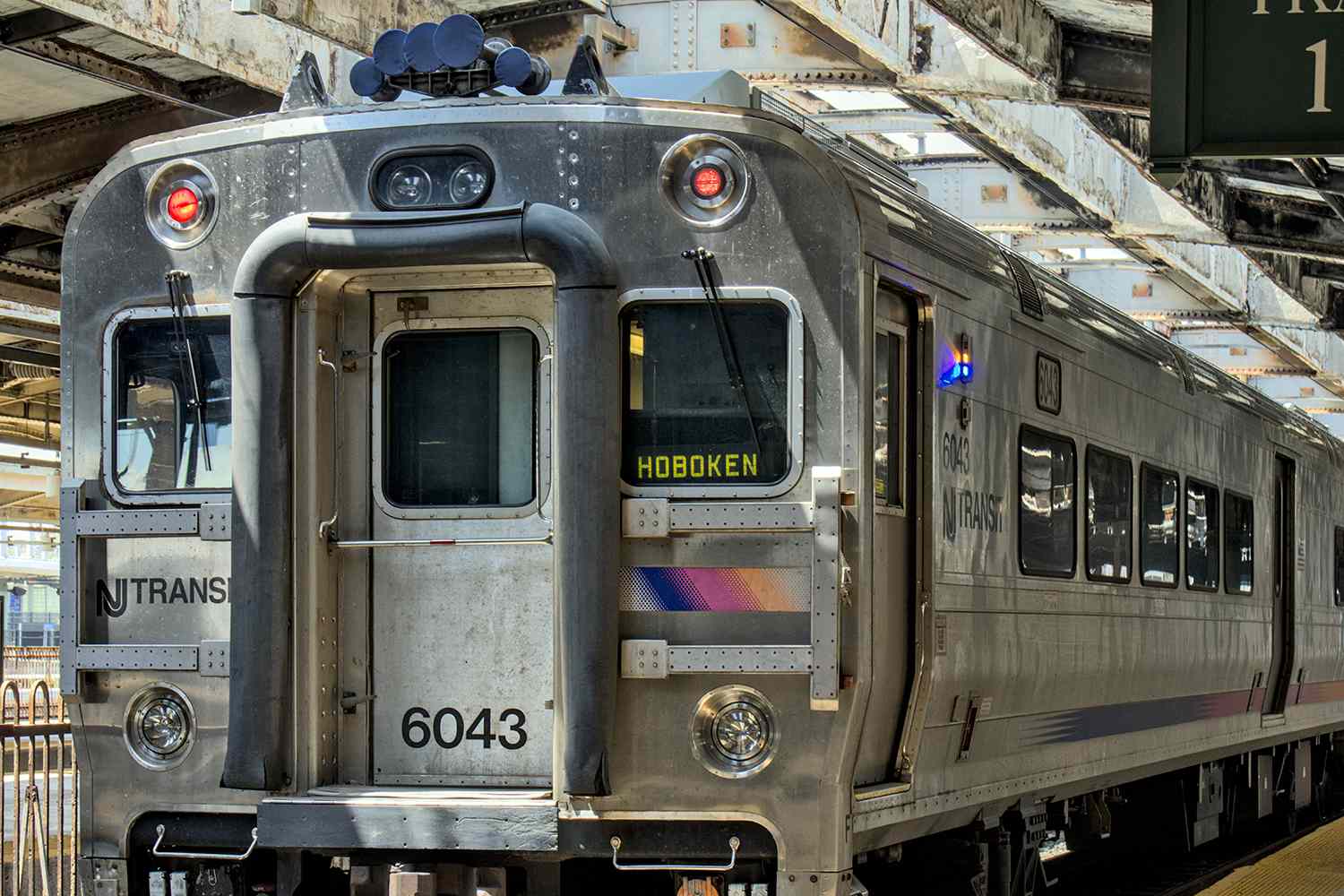By Ry Rivard
The strike that idled NJ Transit trains is over after three days.
The Brotherhood of Locomotive Engineers and Trainmen said Sunday night that after two days of post-strike negotiations they’d reached a deal and “will return to work.” State officials said rail service wouldn’t begin again until Tuesday, though the union had said it would be back on Monday.
The union, known as BLET, was seeking pay comparable to the wages made by engineers at other nearby railroads, including Long Island Rail Road. NJ Transit, which has long had shaky finances, was trying to avoid blowing a hole in its own budget.
The union, known as BLET, was seeking pay comparable to the wages made by engineers at other nearby railroads, including Long Island Rail Road. NJ Transit, which has long had shaky finances, was trying to avoid blowing a hole in its own budget.
BLET’s general chair for the NJ Transit union said the union was “able to show management ways to boost engineers’ wages that will help NJT with retention and recruitment, without causing any significant budget issue or requiring a fare increase.”
Gov. Phil Murphy called the deal a “very good outcome” and praised NJ Transit CEO Kris Kolluri as “this week’s MVP.” Kolluri took over the agency in January and was handed a contract fight with the union that had been brewing since before the pandemic.
“The sound that you probably hear is the sound of our state’s commuters breathing a collective sigh of relief,” the governor said at a Sunday night press conference.
The terms of the tentative agreement were not immediately available, largely because the union’s rank and file still need to review and vote on them. In April, BLET’s members overwhelmingly rejected a March deal, setting up the strike that began Friday.
But Kullori, who said he may have shed a tear when a deal was finally reached, said the new tentative agreement reflects a “series of concessions that came together by way of a work rule that will eventually end up paying for this fair wage that the union’s have asked for.”
The new deal was reached with the help of the National Mediation Board, which called both sides back to the table on Sunday. But even before that, the national head of BLET, Mark Wallace, asked Kolluri on Friday night to restart talks on Saturday.
The strike that began 12:01 a.m. Friday came at a relatively lucky time for the Murphy administration. Fridays are the lightest ridership weekday, followed by Monday. NJ Transit said it would take about 24 hours to inspect and prepare tracks before it could restart service and called on riders to limit their use of its system on Monday.
A union press release had originally said full service would resume Monday, setting off a brief confusion before it corrected itself to say Tuesday.
“Please give us one more day of work from home,” Murphy said, in a comment aimed at employers.
The last strike to idle trains across the state came in 1983, as NJ Transit was being born as a statewide transit agency. It lasted more than a month. So the quick end is likely to contain the political fallout.
BLET’s members will get a chance to vote on the deal, which also needs to be approved by the NJ Transit board.
One political feature of the strike was how little anyone in Washington seemed to care that one of the nation’s largest railroads was going to shut down, idling the trains that carry 100,00 people a day.
In 2022, Congress rushed to intervene in a freight rail strike, like it has on several other occasions to delay or prevent disruptions.
Wallace praised Congress for staying out of it.
“This should be a lesson for other railroad disputes,” he said in a statement. “Nothing would have been gained by kicking the can down the road. Allowing strikes to happen encourages settlement rather than stonewalling.”
While members of New Jersey’s congressional delegation urged both sides back to the table, none of them took to the floor to discuss the issue in recent days, according to a search of the Congressional Record, and no one introduced legislation to avert the strike.
Instead, they largely issued blameless statements.
Rep. Josh Gottheimer, a New Jersey Democrat running for governor, posted a video of himself on Saturday sitting at a folding table and chairs outside a train station in Bergen County “until everyone comes to the table to get the trains moving.”
The negotiations, which happened on Saturday and wrapped up Sunday, were happening in another county.

